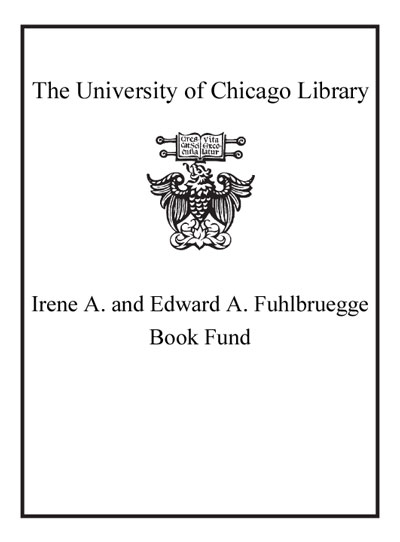Review by Choice Review
In Elusive Utopia, Kornblith and Lasser (both, emer., Oberlin College) look at how Oberlin, Ohio--an experimental Utopian community established by deeply religious Christians committed to radical racial egalitarianism--failed to live up to its founding mission over the course of the long 19th century. Beginning in the 1830s, Oberlin's white reformers sought to inspire the US and the world through their public commitment to racial justice. Welcoming people of African descent into their community as full participants, they challenged the US's well-entrenched racial hierarchy by imagining an integrated future in which African Americans, free of slavery and the effects of racial prejudice, could attain moral, intellectual, and political equality with whites. But, as Kornblith and Lasser argue, the inability of Oberlin's white reformers to acknowledge and come to terms with their own racial privilege and assumptions undercut the progress of local African Americans. The white population's vision of racial egalitarianism, though radical for its time, made white achievement the standard and failed to take African American voices and perspectives into account. After the Civil War and beyond, the insensitivity of Oberlin's white inhabitants to persistent economic inequality across color lines doomed the community's Utopian vision. Summing Up: Highly recommended. Lower-division undergraduates through faculty; general readers. --Brooke N Newman, Virginia Commonwealth University
Copyright American Library Association, used with permission.
Review by Choice Review


